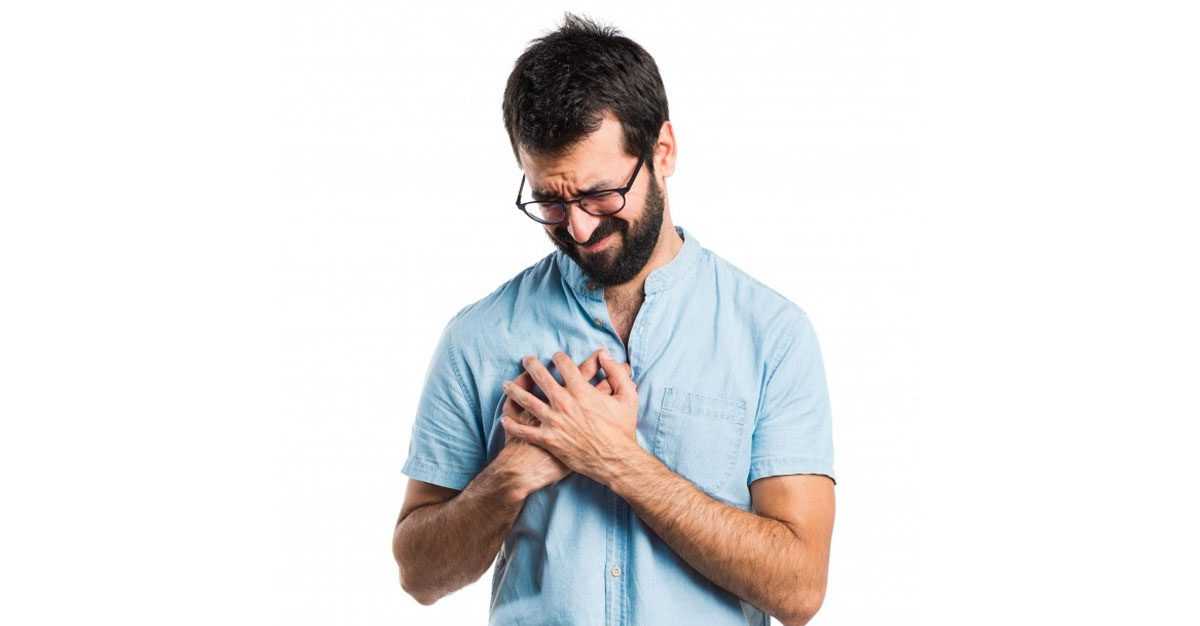A heart attack can be lethal for a person. It takes many lives in a year. Many patients die before they reach a hospital. But a patient survives if he gets first aid within an hour of having a heart attack. If you are with someone who is having a heart attack then you can help him in saving his life. But it is more important to know what to do in such situation. First, you must know about its signs and symptoms.
Symptoms:
These are the basic signs and symptoms of a heart attack. A patient will encounter a few, however not really all.
- All of a sudden feel blackout or woozy
- Extreme chest pain (spreading up to the jaw and down one or both arms) that does not die down when the patient rests- In case of any such symptoms or pain consult with the best cardiologist in Karachi, best cardiologist in Lahore, best cardiologist in Islamabad or any other main city of Pakistan via marham.pk.


- Discomfort high in the abdomen (may feel like serious heartburn)
- Shortness of breath (patient might wheeze for air)
- Fear (feels an approaching feeling of fate)
- Pale, dark, sticky, or sweat-soaked skin
- Fast, powerless, and irregular heartbeat
- Breakdown, often all of a sudden
- Possible loss of consciousness
First Aid:
If you think someone is having a heart attack try to help him:
- Have the individual take a seat, rest, and try to keep calm.
- Make the patient as comfortable as possible.
- Loosen any tight clothing at the chest, neck, and waist.
- Open airway.


- Inquire as to whether the individual takes any chest pain medicine, for example, nitroglycerin, for a known heart condition, and enable them to take it.
- If the person is fully conscious, try to give him Aspirin and tell him to chew it slowly so that it dissolves and absorbed into the bloodstream more quickly.
- If the pain does not leave speedily with rest or within 3 minutes of taking nitroglycerin, call for emergency medical help.
- If the individual is unconscious and unresponsive, call 1122, and at that point start CPR.
Don’t leave the person alone and don’t allow the person to deny the symptoms of heart attack and convince you to not call for emergency help. Your one right move can save a life and one wrong move can take a life.

